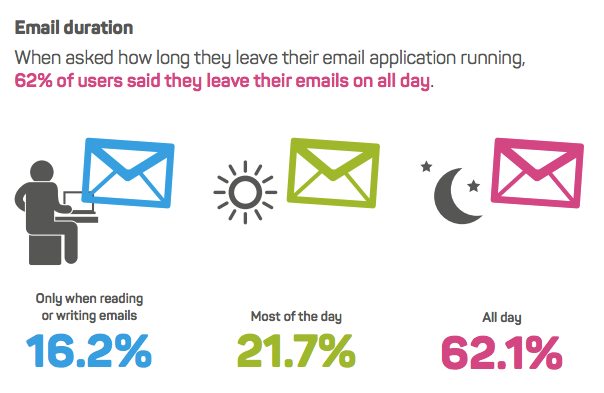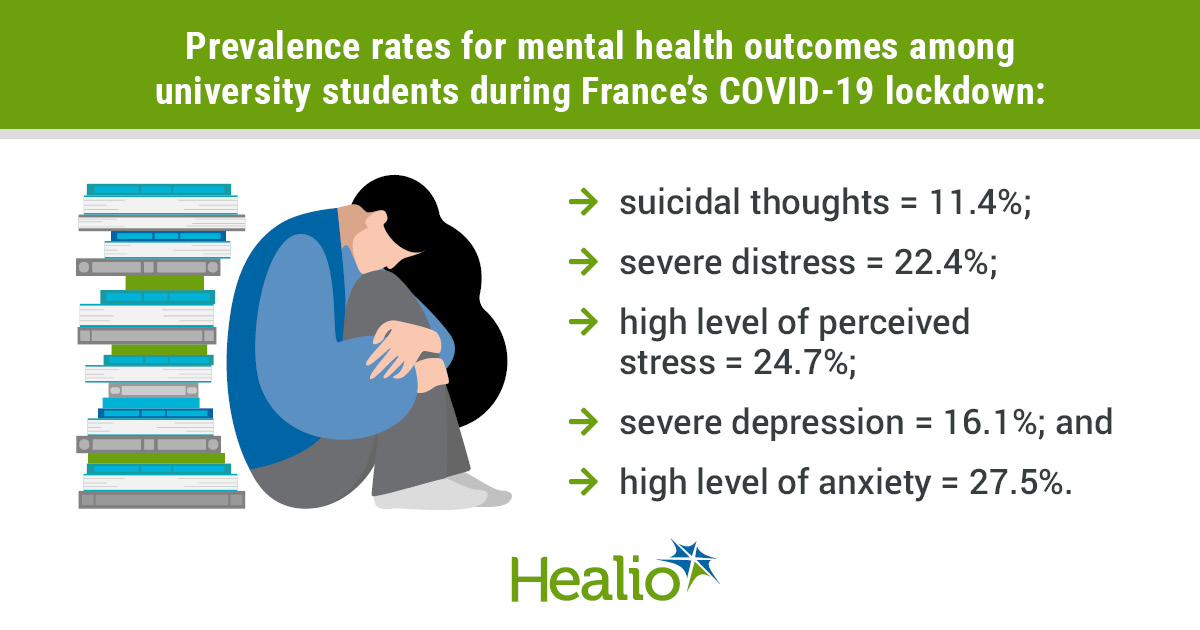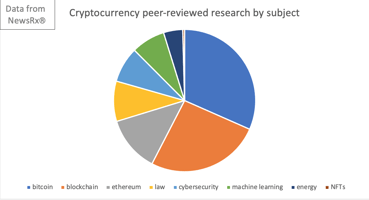Science needs the law—and the law needs science.
Technology & Solving The Challenge of Mental Health in Science
←Back to resources
We’ve shared two articles so far about the dire mental health crisis in science and academia. In the first, we gave an overview of the crisis and how it fits into America’s broader struggles with mental health, and dove into the specific challenges of stress and burnout. Then in the second article, we explored depression and imposter syndrome in science and how individuals can overcome it.
%2c%20for%20decoration%20and%20backgrounds%20with%20motifs%20of%20variety%2c%20exuberance%2c%20compatibility.jpeg?width=960&height=636&name=Floral%20celebration%20of%20spring%20Profusion%20of%20tulips%2c%20with%20raindrops%2c%20in%20full%20bloom%2c%20early%20May%20(foreground%20focus)%2c%20for%20decoration%20and%20backgrounds%20with%20motifs%20of%20variety%2c%20exuberance%2c%20compatibility.jpeg)
In this series conclusion, we will examine the impact of technology on mental health in science as well as ways to potentially address the root causes of these challenges. Because when the percentage of stressed faculty doubles in just one year, it tells us that something needs to change.
Technology
While we’re not shy about mentioning the benefits that technology can bring to scientists and researchers, it does pose its own set of mental health challenges. These can be subtle effects, such as how digital texts encourage a shallower engagement with the text as compared to print. But they can also be more pervasive, such as the link between the burgeoning digital environment and shortening attention spans, as well as the link between digital communications and stress.
Research has shown that some of these effects tend to be temporary. Leaving your phone in another room can simply make the attention span problem go away. But other stresses are more persistent. The ‘phantom pocket’ phenomenon, where people perceive non-existent notifications from smartphones, is rooted in the stress that digital communication causes.

By far the most obvious harmful effect of technology, however, is on sleep. There are significant differences in sleep between people reading on paper versus on screens before bed, and the research shows that sleep is disrupted by mobile phone use.
As the environment of science is increasingly digitized, it has become clear that ideally, scientists need to find a balance. Scientists should use the latest technology to make their lives and jobs easier, while frequently detaching from technology in order to preserve their mental health.
While the verdict is not yet out on just how drastically technology can affect mental health, getting wired to work via portable smart phones is an obvious source of stress. Removing these devices from your environment when possible is the most surefire way to escape.
Root causes

Stress, burnout, depression, imposter syndrome, and more are all major mental health challenges pervasive in science, research, and academia. We previously shared tips for individuals on how to deal with these problems, but what about a deeper institutional look at how to address their root causes?
One root cause of stress in science is the scarcity of professional advances in the research world. Most researchers follow temporary contracts, gradually getting expelled as they fail to reach higher echelons (i.e. tenure). Research centers can incorporate information sessions on alternative paths in research outside academia. If a career as a researcher at a university becomes seen as just one option among any, pressures will decrease significantly.
Another root cause is the higher working hours expected of researchers (about 38% of young researchers work more than 60 hours). A body of research suggests that the number of hours spent on research is not directly proportional to the number of publications and their relevance. “Working 50-60 hours a week is a mistake that weighs down on originality and creativity,” says Fernando Maestre at the University of Alicante. “We must banish the myth of the researcher who is obsessed day and night with his work.”
The concept of ‘excellence’ has become a target for experts attempting to change the intensely stressful culture of science. The hyper-competitiveness of scientific careers and publishing not only harms laboratory environments but also the quality of science, which increasingly lacks reproducibility.
One proposal for a way to shift this is to change the narrative of scientific excellence towards one based on ‘soundness and capacity,’ and to enhance the concept of ‘normal science,’ where quality is based on procedures and not necessarily on results. These ideas come from a proposal at King’s College London, which further proposes to create a funding system which almost all groups receive base money, reducing pressure to publish.

Scientific research is an intense and challenging profession that has many potential impacts on an individual’s mental health. But it is also an intensely rewarding one. Making sure that you know how to navigate stress, burnout, depression, imposter syndrome, and technology will be sure to enhance and elongate a successful career in research.
Hopefully in the future we will see a world of scientific research that is less hyper-competitive and allows for greater work-life balance. These big picture changes—from having a broader view of success to less all-consuming schedules—will have just as great of an impact, if not greater, than looking after one’s individual mental health.

.jpg?width=50&name=DSC_0028%20(1).jpg)


